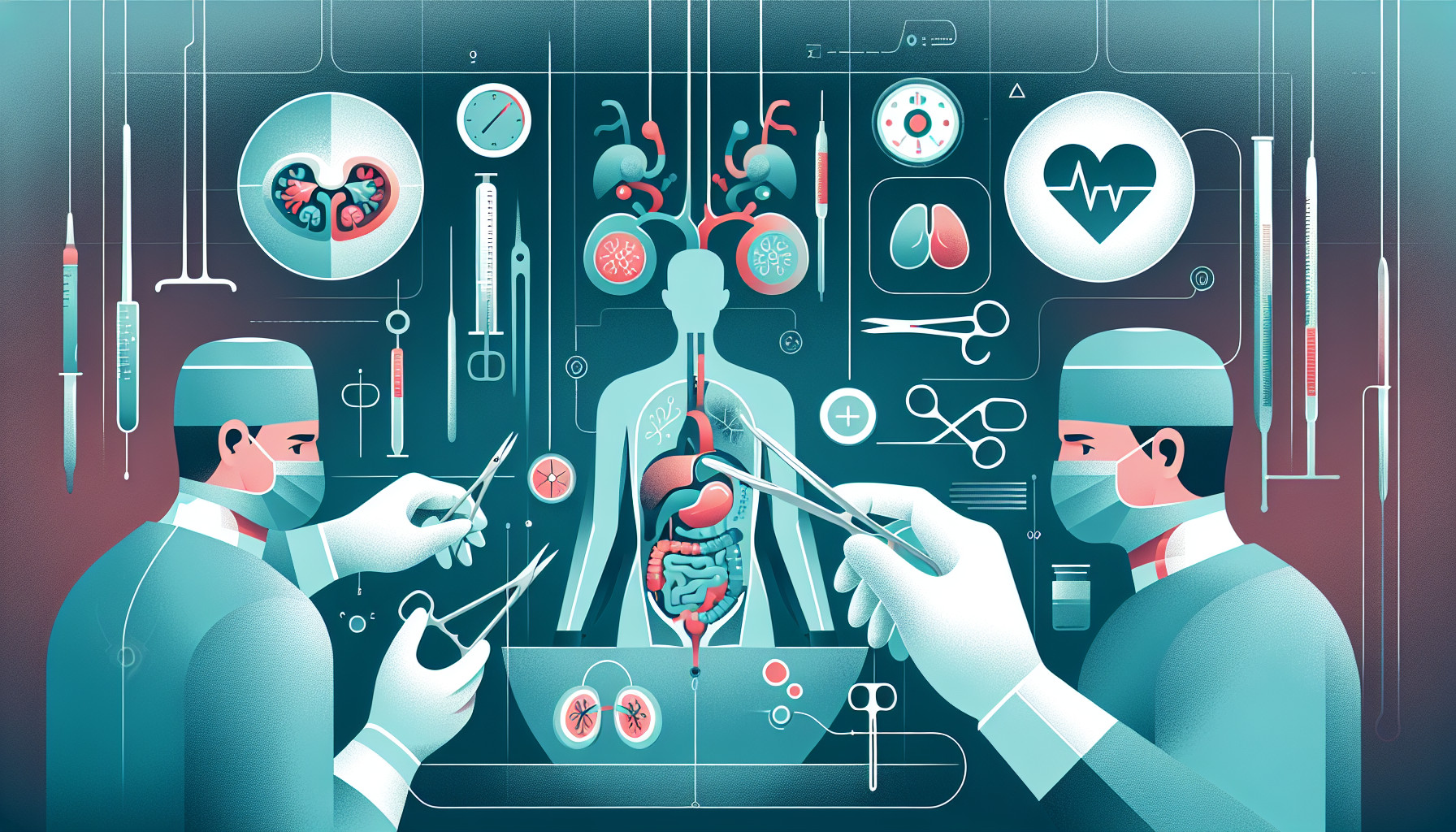Our Summary
This research paper looks at patients with inborn urinary and genital disorders and the unique challenges they face when they become adults. The paper focuses on those with a history of conditions like hypospadias (a birth defect in boys where the opening of the urethra is on the underside of the penis, not at the tip), spina bifida (a neural tube defect that affects the spine), and other syndromes that affect the urinary and genital system.
The researchers found that urethral narrowing caused by hypospadias is complicated, but successful surgery to reconstruct the urethra and correct penis curvature can be achieved with an approach that takes into account the specific anatomy of the patient. For adult patients with spina bifida, they suggest several methods for urinary diversion (a surgical procedure to make a new way for the body to store and remove urine), but note that complications are common and patients often need additional surgeries.
The researchers also note a lack of strong evidence supporting most surgical techniques in this population, but believe that the experiences shared by pediatric and adult urologists who specialize in urinary and genital system reconstruction can help in making decisions about patient care.
The paper suggests that urologists who are trained in urinary and genital system reconstruction are well-suited to care for these patients as they transition into adolescence and adulthood.
FAQs
- What is the success rate of urethroplasty and penile curvature correction in patients with a history of hypospadias?
- What are the common complications and how often are revision surgeries required for bladder management in adult spina bifida patients?
- What role does a urologist trained in genitourinary reconstruction play in the care of transitional urology patients entering adolescence and adulthood?
Doctor’s Tip
A helpful tip a doctor might tell a patient about pediatric urologic reconstruction is to ensure regular follow-up appointments with a urologist who is trained in genitourinary reconstruction. It is important for patients with congenital urologic conditions to have ongoing monitoring and potential revision surgeries as needed to address any complications that may arise. Additionally, patients should be aware of the potential for long-term issues related to their condition and be proactive in seeking medical care when necessary.
Suitable For
Patients who are typically recommended pediatric urologic reconstruction include those with congenital urologic conditions such as hypospadias, spina bifida, and other syndromes affecting the genitourinary tract. These patients may require complex surgical interventions to address issues such as urethral stricture disease, penile curvature correction, urinary diversion techniques, and bladder management. Urologists trained in genitourinary reconstruction are often best equipped to care for these patients as they transition from adolescence to adulthood. It is important for healthcare providers to consider the unique challenges and complexities that these patients may face in order to provide appropriate and effective care.
Timeline
Before pediatric urologic reconstruction:
- Patient is diagnosed with a congenital urologic condition such as hypospadias or spina bifida.
- Patient undergoes initial evaluations and treatments by pediatric urologists.
- Surgical interventions may be performed during childhood to address the urologic condition.
- Patient may experience ongoing medical management and follow-up care throughout childhood.
After pediatric urologic reconstruction:
- Patient transitions to adult care and is seen by adult reconstructive urologists.
- Adult reconstructive urologists assess the outcomes of the pediatric urologic reconstruction and address any complications or long-term issues.
- Surgical interventions may be required in adulthood to address complications or revise previous surgeries.
- Patient may require ongoing medical management and follow-up care in adulthood, with a focus on maintaining urologic function and quality of life.
What to Ask Your Doctor
What specific urologic conditions or syndromes do I have that may require pediatric urologic reconstruction?
What are the potential long-term complications or challenges associated with my condition as I transition into adulthood?
What are the available surgical options for reconstruction in my case, and what are the success rates and potential risks of each option?
How will pediatric urologic reconstruction impact my quality of life, including my ability to have children or maintain normal urinary function?
Are there any lifestyle changes or ongoing care needs that I should be aware of following pediatric urologic reconstruction surgery?
How frequently will I need follow-up appointments or assessments after the surgery, and what signs or symptoms should I watch for that may indicate a complication?
Are there support groups or resources available for individuals with similar urologic conditions or undergoing pediatric urologic reconstruction?
Will I need any additional treatments or interventions in the future to address complications or changes in my condition as I age?
How can I best prepare for the transition from pediatric urologic care to adult urologic care, and what should I expect in terms of ongoing management and follow-up?
Reference
Authors: Scarberry KA, Gor RA, Kovell RC. Journal: Curr Urol Rep. 2021 Feb 3;22(3):15. doi: 10.1007/s11934-021-01035-z. PMID: 33534013
